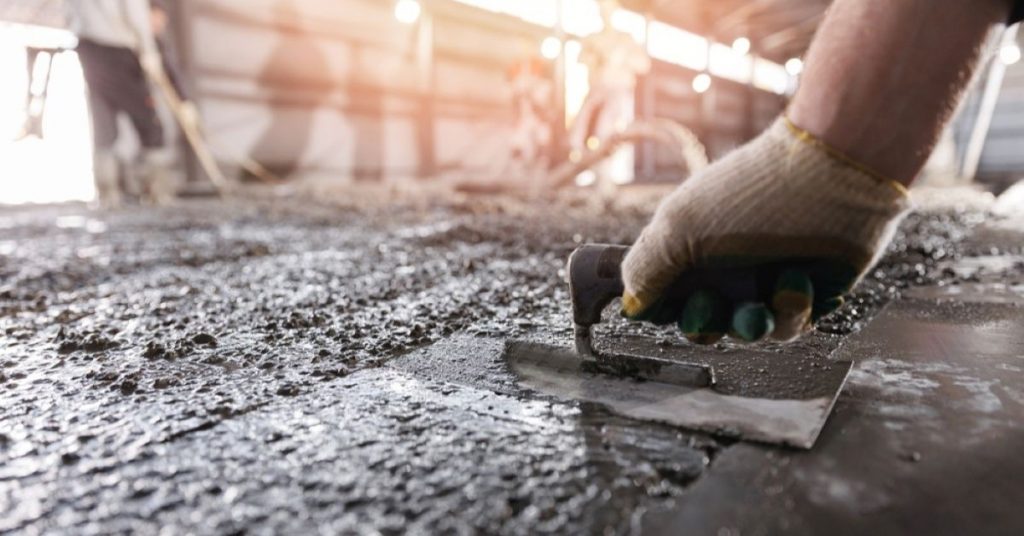Concrete — and more specifically, cement — is responsible for roughly 8% of global greenhouse gas emissions, according to the World Economic Forum. That’s comparable to the annual emissions of the world’s third or fourth largest country.
To tackle this, major players in real estate and technology — including Amazon, Meta, and Prologis — are joining forces to promote the use of low-carbon concrete. The companies are founding members of the Sustainable Concrete Buyers Alliance (SCoBA), a new initiative led by nonprofits RMI (formerly the Rocky Mountain Institute) and the Center for Green Market Activation.
“We’re aiming to turn their investments into real off-take agreements that help fund decarbonization efforts in concrete production,” said Ben Skinner, manager on RMI’s cement and concrete team.
By leveraging their collective purchasing power, the alliance hopes to drive demand for low-carbon materials and finance the capital-intensive upgrades needed to decarbonize cement manufacturing. This could help sustainable producers scale their technologies and grow their businesses.
“Low-carbon cement and concrete are essential to decarbonizing the built environment,” said Keara Fanning, Director of Net Zero and Sustainability at Prologis, the world’s largest warehouse REIT. “This alliance will help bring next-generation solutions to scale for the benefit of our customers.”
The core challenge is scale: while some large cement producers have net-zero commitments, retrofitting massive plants is costly. Many hesitate to invest without clear demand. Meanwhile, buyers looking to lower emissions struggle to find reliable supply — a classic market disconnect SCoBA aims to resolve.
By connecting buyers and sellers, SCoBA will help bridge this gap, using mechanisms like book-and-claim, a model borrowed from the renewable energy sector. In this system, buyers purchase certificates representing the environmental benefit of low-carbon cement, without needing the physical product transported across long distances.
“It doesn’t make sense for a project in New York to ship low-carbon cement from California,” Skinner noted. “Instead, the buyer can claim the environmental benefit, while sourcing the physical material locally.”
This approach addresses the concrete industry’s long, fragmented supply chain — and supports climate tech startups like Brimstone, which was invited to contribute data to the initiative.
“It’s a huge win when some of the biggest companies in the world join forces to build a market for sustainable concrete,” said Cody Finke, CEO of Brimstone. “It gives companies like ours a faster path to getting our materials into real projects — from buildings to data centers to infrastructure.”
Source: CNBC

